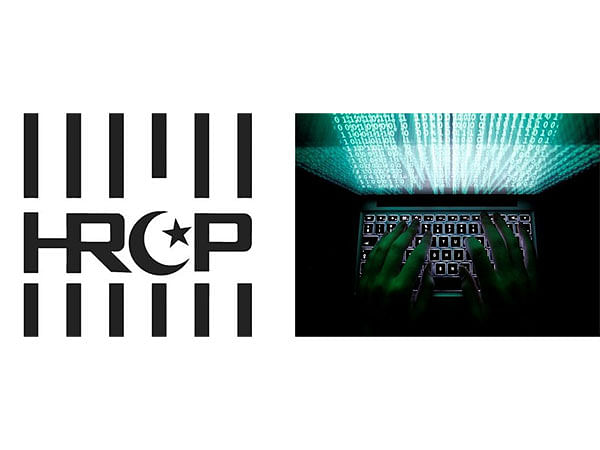Islamabad [Pakistan], July 11 (ANI): A human rights organization has criticized the Pakistani government for granting its intelligence agency the power to intercept and trace citizens’ phone calls, citing national security concerns, a statement by the Human Rights Commission of Pakistan reported.
🔴 HRCP is deeply concerned by the recent unconstitutional notification issued by the federal government giving intelligence personnel carte blanche to intercept and trace the calls of any citizen in the interest of ‘national security’.
The notification is in flagrant violation…
— Human Rights Commission of Pakistan (@HRCP87) July 10, 2024
In a post on X, “HRCP is deeply concerned by the recent unconstitutional notification issued by the federal government giving intelligence personnel carte blanche to intercept and trace the calls of any citizen in the interest of ‘national security.’
Calling it a severe violation of constitutionally protected rights the HRCP statement mentioned that “The notification is in flagrant violation of citizens’ constitutionally protected rights to liberty, dignity and privacy under Articles 9, 14 and 19. It also contravenes the spirit of the apex court’s ruling in the Mohtarma Benazir Bhutto case.”
According to historical records, Mohtarma Benazir Bhutto vs. the President of Pakistan and others was a major case concerning the right to privacy from 1996-97.
According to the case history, the Supreme Court of Pakistan during that time, gave a judgement over the use of telephone tapping and eavesdropping in the context of the right to privacy guaranteed by Article 14 of the Constitution.
On November 5, 1996, the then President of Pakistan Farooq Leghari dissolved the national assembly of Pakistan and dismissed Benazir Bhutto from the office of Prime Minister of Pakistan.
The President also ordered the dissolution of the cabinet and scheduled general elections to the national assembly in February 1997, on grounds of violation of the right to privacy on a massive scale by Benazir Bhutto.
Allegedly, Bhutto had ordered phone tapping of the judges of the superior courts, leaders of political parties and high-ranking military and civil officers. These activities were reportedly undertaken by the Intelligence agencies directly under the Bhutto’s supervision.
Responding to the same, on November 11 and 13 of 1996, Syed Yousaf Raza Gillani and Bhutto filed a constitutional petition before the Supreme Court seeking protection of Articles 9 (right to life), 14 (right to privacy) and 17 (right to form a political party) of the Constitution of the Pakistani Constitution, claiming that the President’s actions were without lawful authority and hence were void.
According to the case judgement of that time, the court found that the ‘dignity of man’ and ‘privacy of home’ under Article 14 of the Constitution were inviolable. It ruled that an individual’s privacy under Article 14 was not merely limited to the physical boundaries of home or work but also extended to public places.
Hence the court with a majority of 6 to 1 kept the Presidential order, stating that phone-tapping and eavesdropping techniques adopted by the Bhutto government violated the right to privacy guaranteed by Article 14.
The HRCP statement further mentioned that “It is no coincidence that this follows on the heels of an Islamabad High Court order stating that state officials are not authorized to surveil citizens. Given the poor track record of governments and intelligence agencies alike, this measure will invariably be used to clamp down on political dissent through means of blackmail, harassment and intimidation.”
The HRCP in its statement also demanded that the government must put checks and balances in place urgently according to the Fair Trial Act of 2013. (ANI)
This report is auto-generated from ANI news service. ThePrint holds no responsibility for its content.



